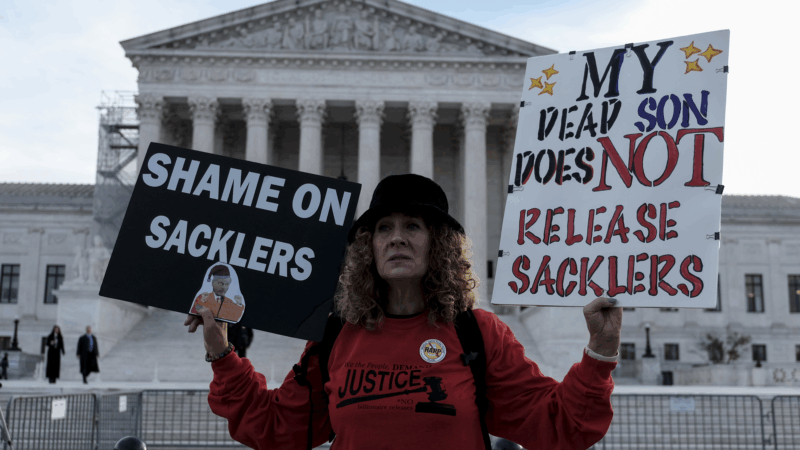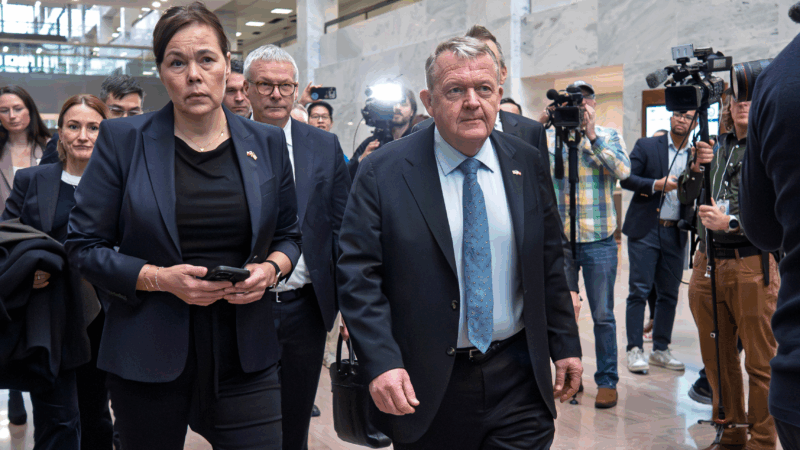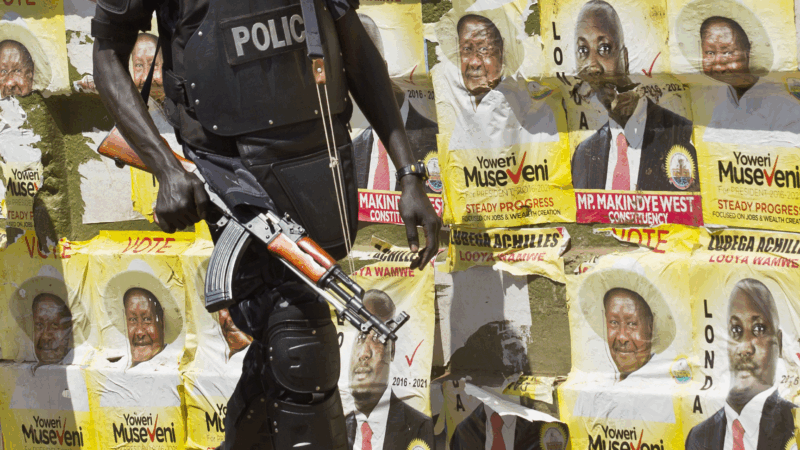Purdue Pharma, Sacklers reach new $7.4 billion opioid settlement
All 50 states as well as the District of Columbia and U.S. territories have approved a $7.4 billion settlement with Purdue Pharma, maker of Oxycontin, over the company’s improper marketing of opioids.
The deal was filed with a federal bankruptcy court by Purdue Pharma officials in March after negotiations with state attorneys general and other stakeholders. If this plan is finalized, payouts will occur over the next 15 years.
In a statement, New York’s Attorney General Letitia James said the plan will “hold the Sackler family accountable” for what she described as their “leading role in fueling the epidemic of opioid addiction and overdoses.”
Under the outlines of the deal, members of the Sackler family who currently own Purdue Pharma are expected to contribute up to $7 billion.
According to the company, a major change from past settlement deals will mean people who wish to sue the Sacklers in civil court for alleged wrong-doing will not be forced to give up those lawsuits.
“Creditors can preserve their right to take legal action against the Sacklers if they do not opt in to the Sackler releases contained in the Plan,” Purdue Pharma said in a statement.
The Sacklers have said repeatedly they did nothing wrong and committed no crimes.
NPR has reached out to members of the Sackler family for comment, but have yet to receive a response.
In a joint statement sent to NPR, attorneys suing Purdue Pharma and the Sacklers praised the deal.
“After five years of litigation and three years in bankruptcy, we are pleased that all 55 eligible states and territories have unanimously agreed to accept,” said members of the National Prescription Opiate Litigation Plaintiffs’ Executive Committee.
They said the deal would add “more than $7 billion in much-needed funds to help communities across the country” recovering from the opioid crisis.
This settlement will have to be approved by a federal bankruptcy court. Experts tell NPR, this version of the deal is likely to be accepted by the courts and by the U.S. Justice Department.
The DOJ’s bankruptcy watchdog agency challenged earlier settlement attempts, leading to the U.S. Supreme Court’s decision to overturn a previous bankruptcy deal with Purdue Pharma and Sacklers in July of 2024.
If finalized, this settlement will add to more than $50 billion in opioid pay-outs by corporations that profited from manufacture, distribution and retail of opioid painkillers at a time when overdoses and drug deaths were skyrocketing in the U.S.
European troops arrive in Greenland to boost the Arctic island’s security
Troops from several European countries, including France, Germany, Norway and Sweden, are arriving in Greenland after talks between Denmark, Greenland and the U.S. on Wednesday highlighted disagreement.
4 ways to beat the anxiety of insomnia — and get back to sleep
People struggling with insomnia tend to hyperfocus on the fact that they can't sleep, which can prevent them from getting any shut-eye. Experts share effective practices to overcome sleep stress.
‘I want to make tiny little movies that don’t seem tiny,’ says Kristen Stewart
In her feature-length directorial debut, actor Kristen Stewart adapts The Chronology of Water, the memoir of Lidia Yuknavitch, a competitive swimmer-turned-author who was abused as a child.
What Teddy Roosevelt has to do with Trump’s moves in Venezuela and Greenland
Presidents James Monroe and Theodore Roosevelt helped shape a policy that rationalizes U.S. intervention in Latin America and elsewhere. But Trump has brought that idea to a whole new level.
Uganda goes to the polls amid heavy security and internet blackout
Ugandans are voting in a tense presidential election as 81-year-old President Yoweri Museveni seeks to extend his four-decade rule amid an internet shutdown and heavy military deployment.
More students are going to college. Affordability and workforce training are factors
Overall enrollment is up slightly at colleges and universities, driven by gains at community colleges and public four-year programs.







